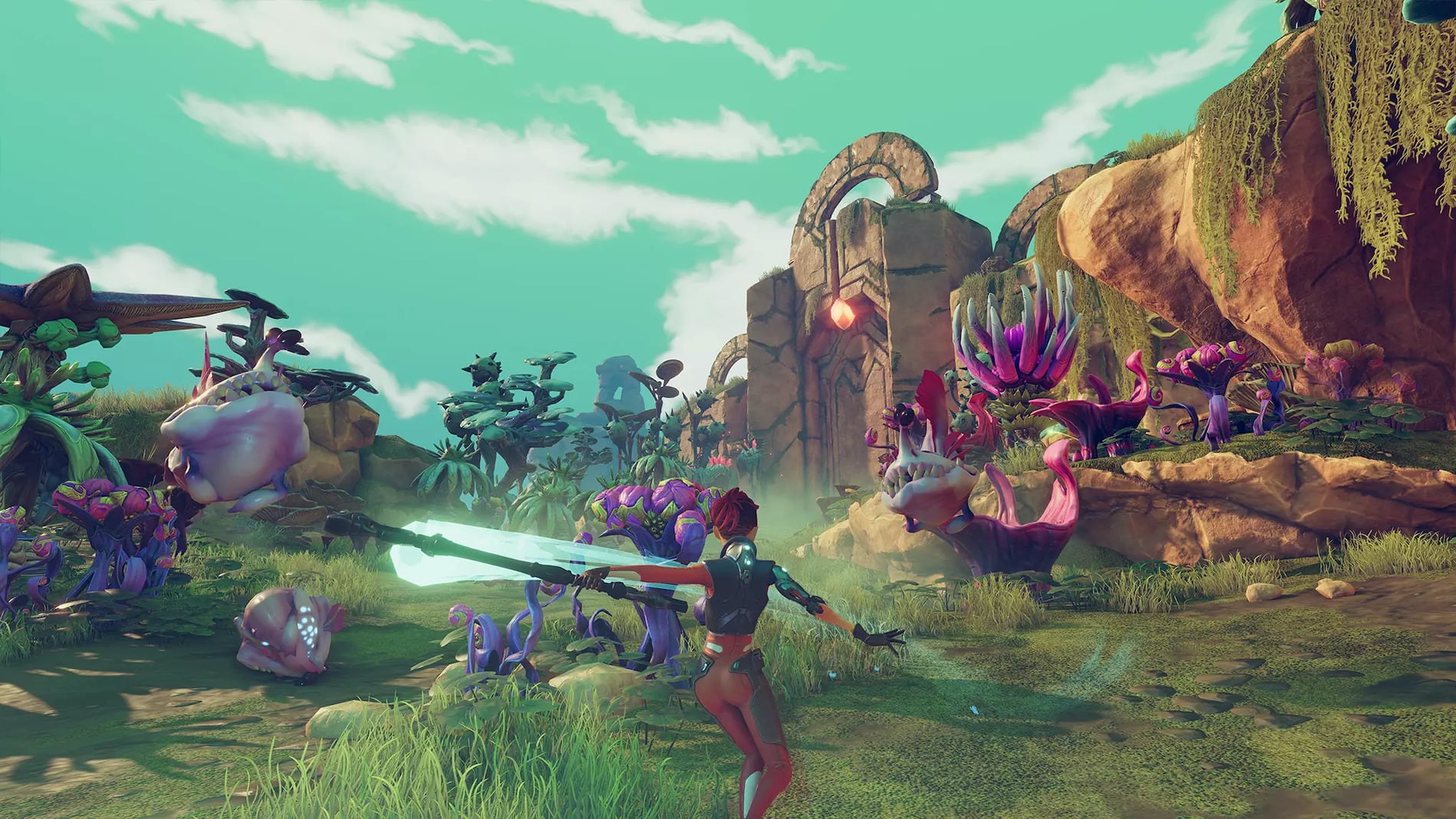The world of gaming is a collaborative effort, where success often hinges on the synergy between a team and the tools they employ. Whether we’re talking about game development teams, competitive gaming squads, or communities of modders, knowing how to leverage the right tools and foster team cohesion is critical. Here’s how to get it right.
Effective Team Dynamics
Clear Roles and Responsibilities: Just like any high-functioning organization, a gaming team needs clearly defined roles. From programmers and artists in development to strategists and players in eSports, everyone should know their part and how it contributes to the team’s objectives.
Communication: Open lines of communication are vital. Teams that communicate effectively can adapt quickly to new information, whether that’s a change in a game’s meta or feedback during a playtest session. Tools like Discord and Slack have become staples for real-time communication, offering voice, video, and text-based channels.
Inclusive Culture: A positive and inclusive team culture encourages members to contribute their best work. In the gaming world, where teams can be diverse and spread across the globe, fostering a culture that respects and embraces diversity can lead to more innovative and creative outcomes.
Leveraging the Right Tools
Development Tools: Game development teams need robust tools tailored to their project’s needs. Engines like Unity or Unreal provide a solid foundation for building games, while version control systems like Git ensure that multiple team members can work on a project simultaneously without conflicts.
Project Management: Tools like Jira, Trello, or Asana can help keep track of development milestones, bugs, and feature requests. Clear task assignments and progress tracking are crucial for keeping projects on schedule.
Analytics and Testing: Understanding player behavior and game performance is essential. Analytics platforms can provide insights into how players interact with the game, which can inform design decisions. Similarly, testing tools can help identify and fix bugs before they affect players.
eSports and Competitive Gaming
Training: Competitive gamers need to practice individually and as a team. Training tools range from aim trainers to sandbox environments where teams can practice strategies without the pressure of a live match.
Strategy and Analysis: Tools for reviewing game footage and strategizing, like Shadow.gg for CS:GO, allow teams to dissect their gameplay and learn from mistakes. Analyzing opponents’ gameplay is also key for preparing for matches.
Health and Wellness: It’s essential for teams to remember that physical and mental health play a significant role in performance. Incorporating exercise, proper nutrition, and mental health practices into a team’s routine can improve focus and reduce burnout.
Community and Modding
Community Engagement: Successful games often have vibrant communities. Platforms like Reddit, official game forums, and modding communities like NexusMods are where many players gather to discuss and share content. Engaging with these communities can provide valuable feedback and foster a loyal player base.
Modding Tools: Providing tools for modding can extend the life of a game significantly. Bethesda’s Creation Kit for Skyrim and Valve’s Hammer editor for their Source engine games have led to the creation of countless mods, some of which have become standalone hits.
Doing gaming right as a team means combining effective communication, role clarity, and a positive culture with the right suite of tools tailored to the team’s objectives. Whether it’s in game development, competitive gaming, or community engagement, the secret to success lies in the harmonious integration of team dynamics and technology.
